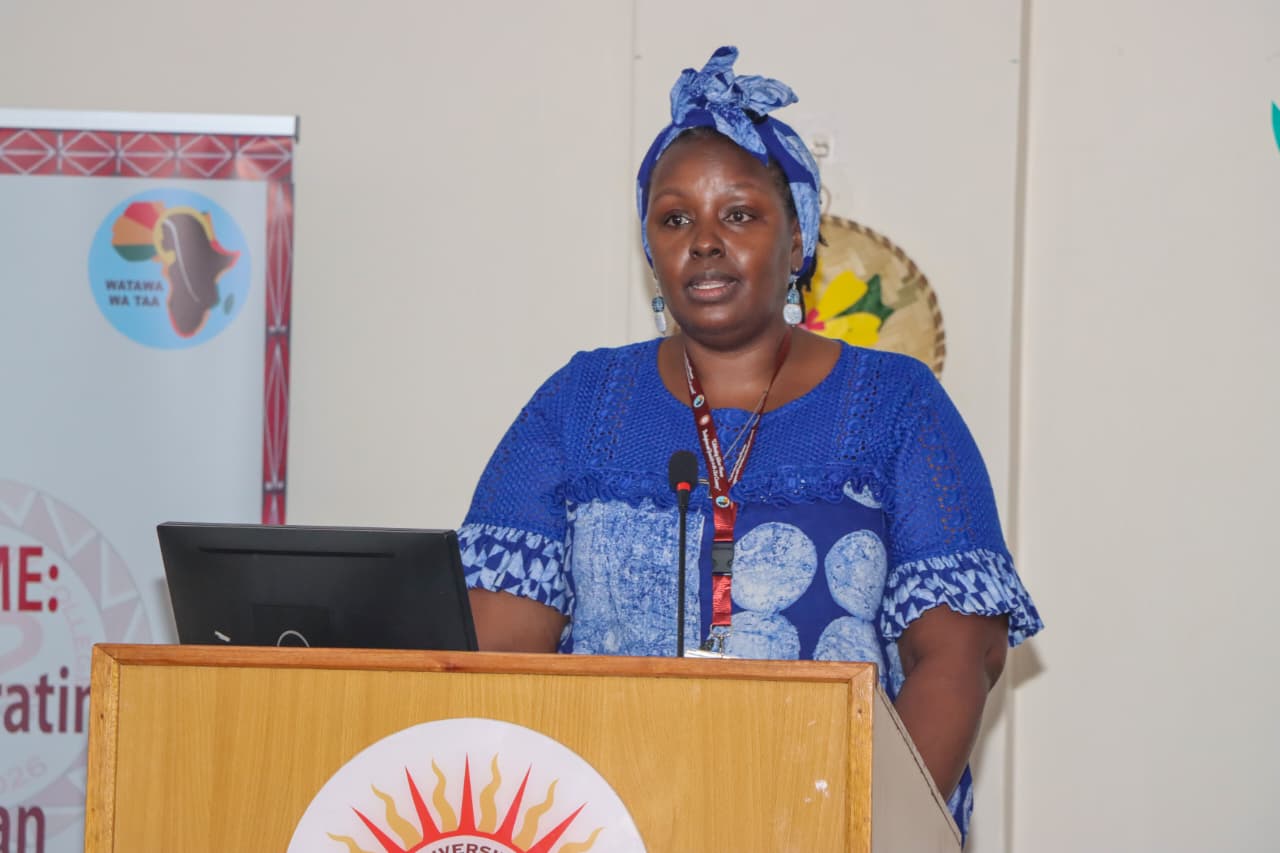By Paschal Norbert
NAIROBI, OCTOBER 28, 2025 (CISA) – In a world where religious life is constantly being questioned, renewed, and reinterpreted, Sr. Mūmbi Kīgūtha, CPPS, stands out as one of its most courageous and creative voices. A Kenyan member of the Sisters of the Precious Blood of Dayton, Ohio, she combines deep faith with a visionary understanding of what it means to be a woman religious in the African context today.
From her role as President of Friends in Solidarity, the US partner of Solidarity with South Sudan, to her leadership as Director of Watawa Wa Taa (Sisters of Light), an initiative dedicated to revitalizing African women’s consecrated life, Sr. Mūmbi is weaving together prayer, purpose, and prophetic imagination. Her story is one of service, leadership, and hope for the future of religious life on the continent.
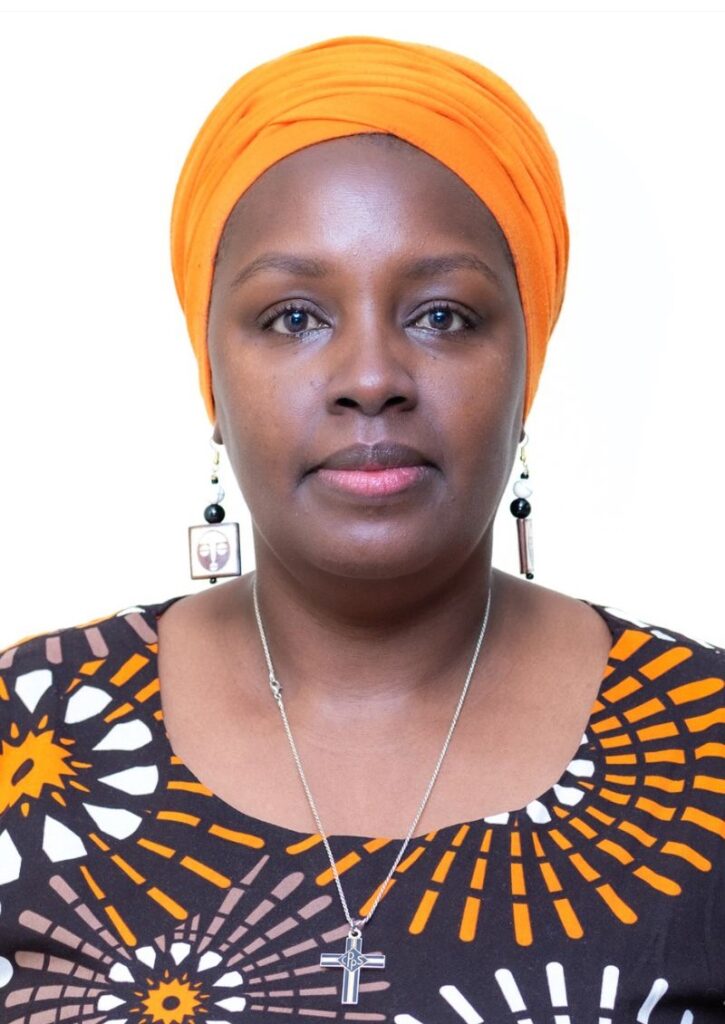
Building Hope with the People of South Sudan
For Sr. Mūmbi, her current ministry with Friends in Solidarity is deeply rooted in accompaniment, walking with the people of South Sudan in their journey toward peace, education, and sustainable development.
“Friends in Solidarity works as the US partner for Solidarity with South Sudan,” she explains, noting that “It’s a collaborative project of religious men and women who came together at the invitation of the Sudanese bishops, asking for help to rebuild the Church through education, healthcare, agriculture, and pastoral formation.”
The organization’s mission is twofold: to support the ongoing projects in South Sudan through fundraising and to enlighten people in the United States about the realities and resilience of South Sudan’s people.
“It’s not just about sending aid,” she emphasizes, “It’s about fostering understanding, helping others see the strength, dignity, and faith of a people rebuilding their lives from conflict and poverty.”
Through the Solidarity Teacher Training College in Yambio, a health training institute for nurses and midwives, agricultural programs, and pastoral centers, Solidarity with South Sudan continues to nurture hope and build capacity in one of the world’s youngest nations.
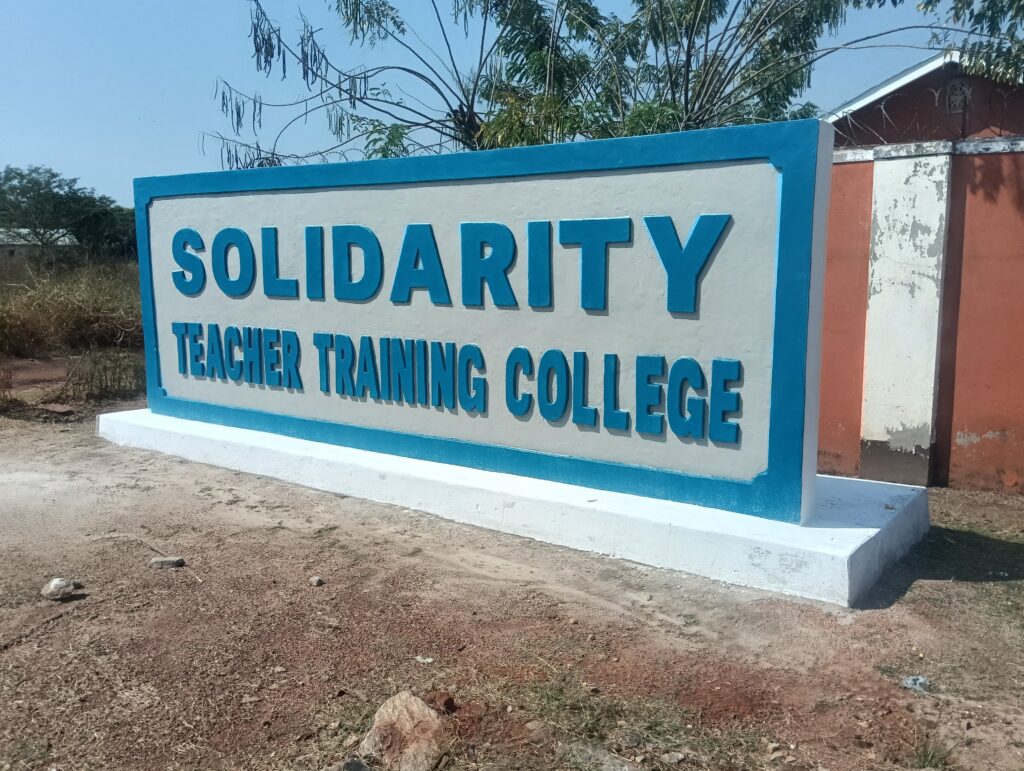
Watawa Wa Taa: Sisters of Light
Beyond her work in South Sudan, Sr. Mūmbi is also the founder and Director of Watawa Wa Taa, which in many African languages means Sisters of Light or Consecrated Women of Light. The initiative seeks to reimagine and revitalize religious life for African women by creating spaces for honest reflection, renewal, and community building.
“Watawa Wa Taa doesn’t mean there is something wrong with religious life,” she says with a gentle smile, “Rather, it acknowledges that all life needs renewal. The world is changing, and we too must continue discerning how to live our consecration faithfully and relevantly.”
Religious life in Africa, she observes, is full of energy and growth. Yet despite the vibrancy, many congregations operate in isolation. Watawa Wa Taa seeks to break those barriers by uniting sisters across congregations and countries to reflect on the essence of consecrated life, the evangelical counsels of poverty, chastity, and obedience.
Traditionally, these vows were seen through the lens of sacrifice and deprivation. She explains, “Today we are rediscovering them as gifts, liberating gifts that free us to love and serve more deeply. Our conversations are about what these vows mean for us as African women. How do we live them authentically in our cultural contexts, and how do we allow them to speak to our people today?”
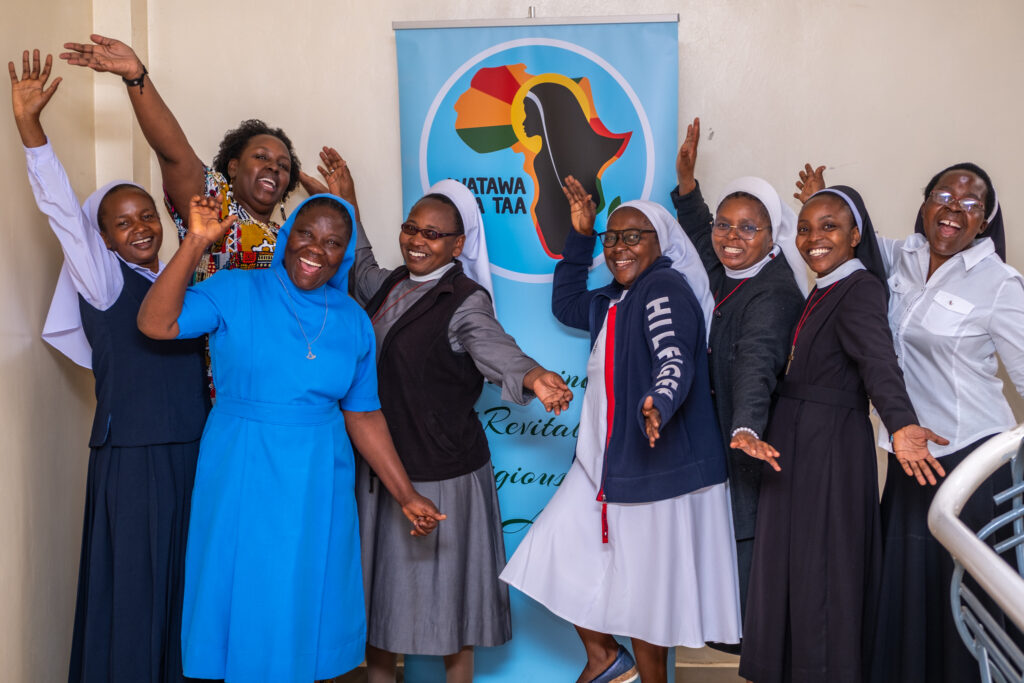
The Pamoja Conversations: Listening to the Spirit Together
To bring this reflection to life, Sr. Mūmbi and her team launched what they call the Pamoja Conversations, “pamoja” meaning together in Swahili. Through 21 discussion groups across 16 African countries, sisters meet monthly for deep, guided reflection on themes of vows, leadership, mental health, formation, and cultural identity.
“These conversations are listening spaces. They allow sisters to speak freely from their hearts and to realize they are not alone. Across different contexts, we found the same yearning, to live meaningful lives, to be understood, to be supported in our vocation,” she says.
Each conversation is recorded and analyzed to identify common patterns and unique experiences.
“We discovered that when sisters meet, they don’t just share challenges, they heal, celebrate, and form each other,” she reflects, adding “They begin to see that the Holy Spirit is stirring something new in the heart of African religious life.”
Phase Two of the project will involve African women theologians providing input through recorded reflections on topics such as vows, leadership, trauma, and self-care. The sisters will then return to conversation, drawing wisdom from both lived experience and theological insight.
“It’s a cycle of ongoing formation that is deeply African, rooted in shared experience and the wisdom of the Spirit among us,” she says.
Living Ancestors: Telling Our Own Stories
Alongside Pamoja Conversations, Sr. Mūmbi leads another initiative titled Living Ancestors, a storytelling project that gathers and publishes the life stories of sisters who have lived religious life for more than three decades.
“I like to think of Pamoja and Living Ancestors as two legs of the same body,” she says, observing that “They both move us forward, one focuses on collective reflection, the other on storytelling and memory.”
Living Ancestors was inspired by an African proverb: “If the lions never learn how to write, the hunter will always be glorified.” For Sr. Mūmbi, that meant it was time for African sisters to tell their own stories, in their own words.
“We invited sisters from across the continent, Cameroon, Zambia, Kenya, Nigeria, to reflect on their journeys: how they understood their vows, how they lived leadership, how they faced pain and joy. We wanted their real voices, their laughter, their struggles, and their authenticity.”
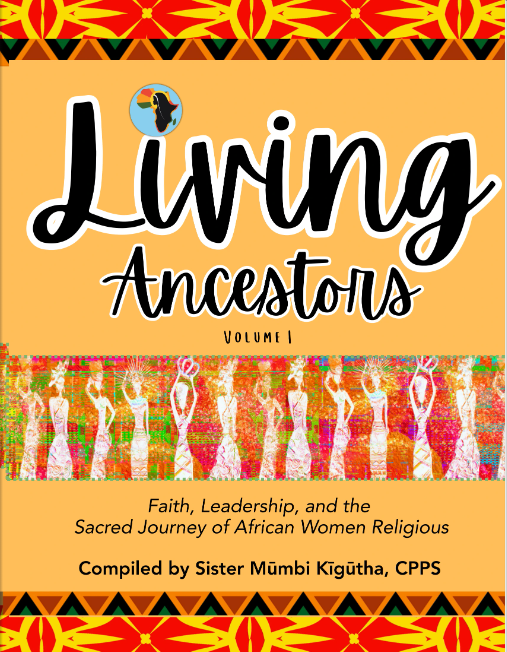
The result is a collection of fifteen vivid testimonies, stories of pioneering sisters who co-founded young congregations, served in leadership, and lived through seasons of transformation.
One of these inspiring figures is Sr. Rosemary Nyondo, DOR, of the Daughters of the Redeemer in Zambia, a congregation founded by former Archbishop Emmanuel Milingo .The sisters are known for their fully African expression of consecrated life, wearing kitenge habits and using traditional instruments in worship.
“In the early days, people thought they wouldn’t survive .But they persevered, rooted in their faith and culture. Today, their joy-filled community stands as a witness to what inculturated religious life can look like,” Sr. Mūmbi recalls.
In the book, Sr. Rosemary, now a communicator and educator, reflects with serenity: “At my age, I have no future plans other than to wait for the Lord to harvest me into His eternal kingdom. My dream is to see our congregation grow and let people experience the love and goodness of Jesus through our service.”
Another story close to Sr. Mūmbi’s heart is that of Sr. Scholasticah Nganda, RSM, a Kenyan Sister of Mercy whose life has been defined by her readiness to respond to God’s call. After years of teaching and leadership, she volunteered to serve in South Sudan through Solidarity with South Sudan, where she trained teachers and supported pastoral projects.
“Her story embodies mercy in action,” says Sr. Mūmbi, adding “She went wherever she was needed most, and even after completing her mission, she was called again, and she said yes again.”
A New Chapter for African Religious Life
Both Pamoja Conversations and Living Ancestors have become powerful tools for reclaiming the narrative of African women religious. They affirm that African sisters are not just beneficiaries of formation and mission but are active contributors to the Church’s future.
“We are ensuring that all these resources are available in English, French, and Portuguese, and entirely free,” says Sr. Mūmbi. “Accessibility matters because knowledge and formation should never be a privilege. They should be a gift shared with everyone.”
Ultimately, her hope is that when readers encounter these stories, they will see sisters not as distant figures hidden behind convent walls, but as fully human women, joyful, wise, imperfect, and faithful.
“I hope people will be inspired by these stories of courage and joy,” she says. “They remind us that religious life, like all forms of discipleship, is about responding to God’s love day by day, with open hands, open hearts, and an open spirit.”
The Light Continues to Shine
Through Friends in Solidarity, Watawa Wa Taa, Pamoja Conversations, and Living Ancestors, Sr. Mūmbi Kīgūtha is helping sisters across Africa rediscover the beauty and purpose of their calling. Her work invites the Church to see consecrated women not only as servants of the Gospel but as theologians, storytellers, leaders, and bearers of light.
In her words, “The Spirit is moving among us. There is a quiet renewal taking place in African religious life, and if we listen closely, we will hear it in the voices of the sisters who keep saying yes to God, again and again.”
